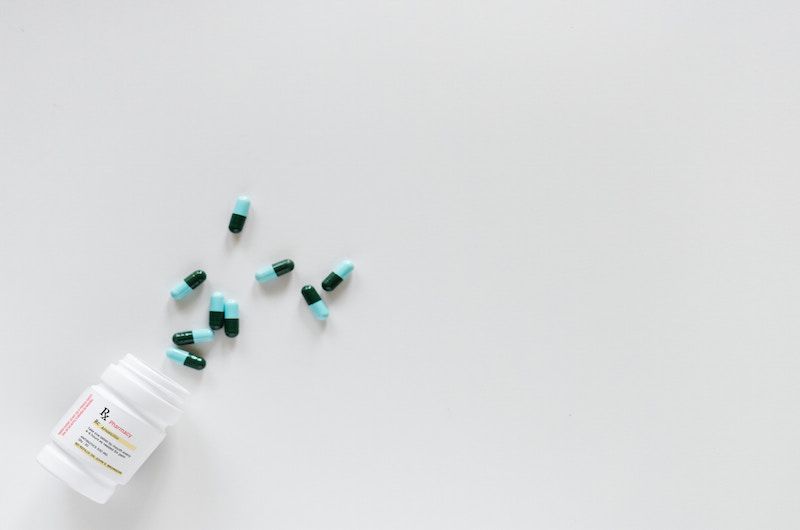For adults living with ADHD (attention deficit hyperactivity disorder) or ADD (attention deficit disorder) which is a type of ADHD where impulsiveness behavior is fairly limited, their lives are usually greatly impacted and require intervention and treatment. Cognitive behavioral therapy and medication are often recommended after the initial diagnosis.

Symptoms
The majority of people who have attention deficit hyperactivity disorder or even ADD are not aware that they have it until they are adults, according to a recent article on WebMD. However, there are also many adults who suspected that they had it but were never tested for attention deficit disorder or attention deficit hyperactivity disorder. The symptoms often appear differently in adults than children. For example, while a child experiences hyperactivity in behavior, an adult may struggle with attentiveness, controlling impulses and maintaining organization in the workplace or even the household. These symptoms can great affect personal relationships as well as the individual’s sense of worth and daily routine.
Treatment
Many manage their symptoms through talk therapy and medication. In order to obtain the best results, it is essential for the individual to work with a medical professional to determine how the disorder is affecting his/her life. Often times, anxiety and depression are also effects from this disorder and must be considered when deciding on a medication regimen. After the diagnosis, patients may go through a series of trial and error to find the right medicine.
The most commonly prescribed drugs for this condition are: Adderall, XR, Daytrana, Focalin, XR, Concerta, and Vyvanse. At first, the doctor will start the patient off with a low dose, and then slowly increase it every week as the symptoms become more manageable. Each drug lasts approximately 10-14 hours. While these drugs may be effective, they are not best-suited for all who experience this disorder. For example, those living with bipolar disorder, severe anorexia or psychosis are not recommended to take a high-level stimulant for ADD or ADHD. The most common non-stimulant drug recommended in those cases is Strattera.
Suggestions from Health Professionals
The doctor will monitor changes in behavior, attitude and overall mood as the patient is on the recommended drug. If the side effects are minor, the doctor will most likely continue to recommend a mixture of medicine and therapy for optimal results. However, once the body becomes used to a specific dose, it may then require a higher one. Some health professionals recommend that patients not allow their bodies to be completely dependent on drugs and advise them to take short breaks from usage. These breaks may also lead to some side effects, such as headaches, anxiety, moodiness, insomnia and more.
Various treatment options, including therapy and pharmaceutical drugs, are often prescribed for those living with attention deficit hyperactivity disorder or attention deficit disorder. It is essential for those living with these conditions to meet with a medical professional and review all options in order to work towards achieving the best fit for their body and lifestyle moving forward.